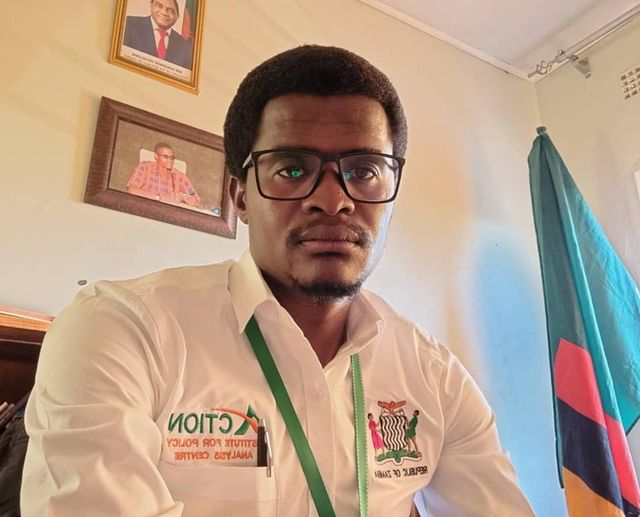AIPAC Urges President HH’s Administration to Expedite Appointment of Substantive ACC Leadership
The Acton Institute for Policy Analysis Centre (AIPAC) has expressed deep concern over the delay in appointing a substantive Director General and Anti-Corruption Commission (ACC) Board of Commissioners by President Hakainde Hichilema’s administration.
This delay comes at a critical time, especially after the Acting Director General of the ACC announced investigations into nine cabinet ministers.
AIPAC notes that while the recent launch of the National Policy on Anti-Corruption reflects President Hichilema’s commitment to tackling corruption, the lack of permanent leadership at the ACC could undermine progress in the fight against graft.
The institute emphasized that corruption erodes public trust, weakens democracy, and negatively impacts economic development.
“The UPND administration must follow through on its promise to combat corruption, as pledged to both Zambians and the international community,” said Solomon Ngoma, Executive Director of AIPAC.
Ngoma raised concerns about perceived biases in the current approach, highlighting that despite alarming reports from the Financial Intelligence Centre (FIC) and Auditor General in 2022 and 2023, no arrests have been made regarding the mismanagement of public funds.
The institute called for a comprehensive approach to fighting corruption, involving not only the government but also civil society and citizens. Ngoma emphasized that anti-corruption efforts should be inclusive and engage all stakeholders to build a corruption-free Zambia.
“Swift action in appointing substantive leadership at the ACC is essential to ensure investigations are conducted impartially and effectively,” Ngoma added, urging the administration to move quickly on the matter.
According to AIPAC, this will help reinforce the country’s commitment to transparency and accountability, fostering economic growth and strengthening democratic governance.
The statement concluded with a call for unity in the fight against corruption, stressing that the government’s leadership and collective citizen engagement are crucial to achieving a zero-tolerance stance against corruption in Zambia.



